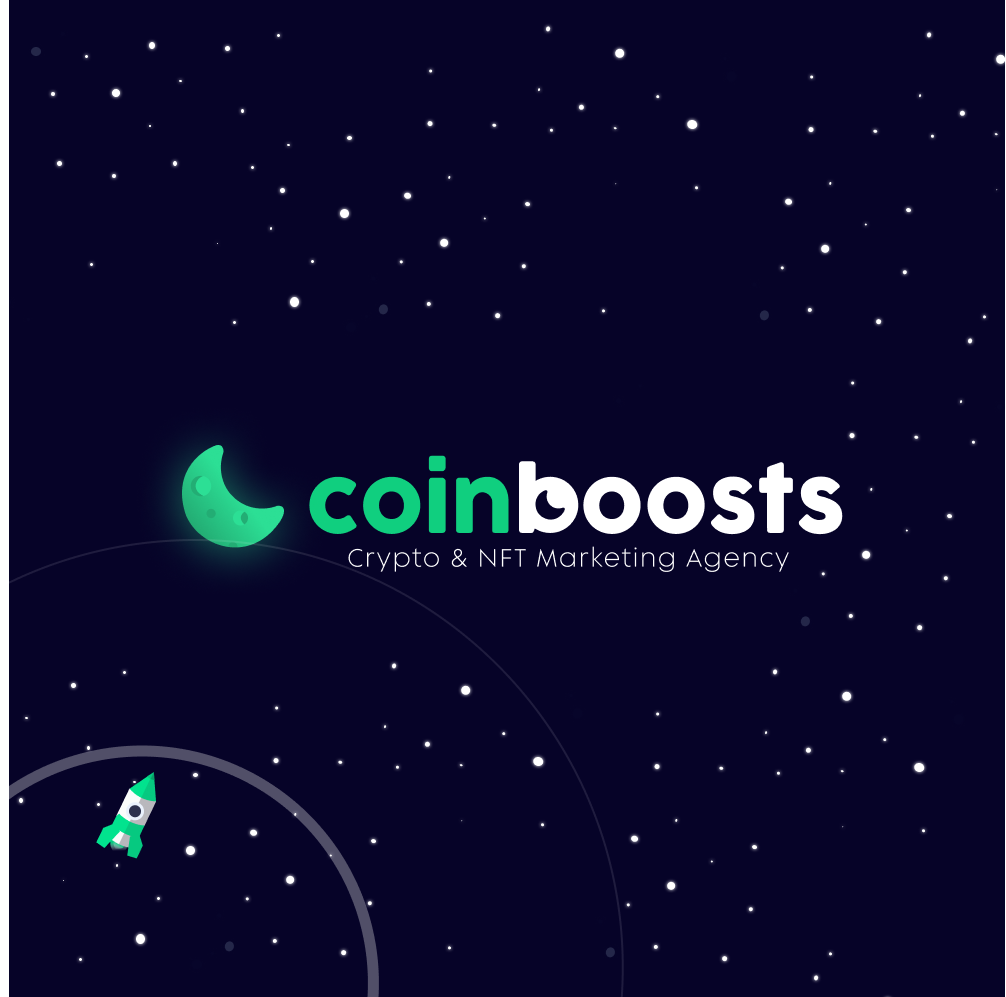354 reads
How to Avoid NFT Scams and Rug Pulls: 6 Red Flags to Avoid in 2022
by
March 15th, 2022
Audio Presented by

World Class Crypto & NFT Growth Services by team of former crypto investors and market researchers.
About Author
World Class Crypto & NFT Growth Services by team of former crypto investors and market researchers.
